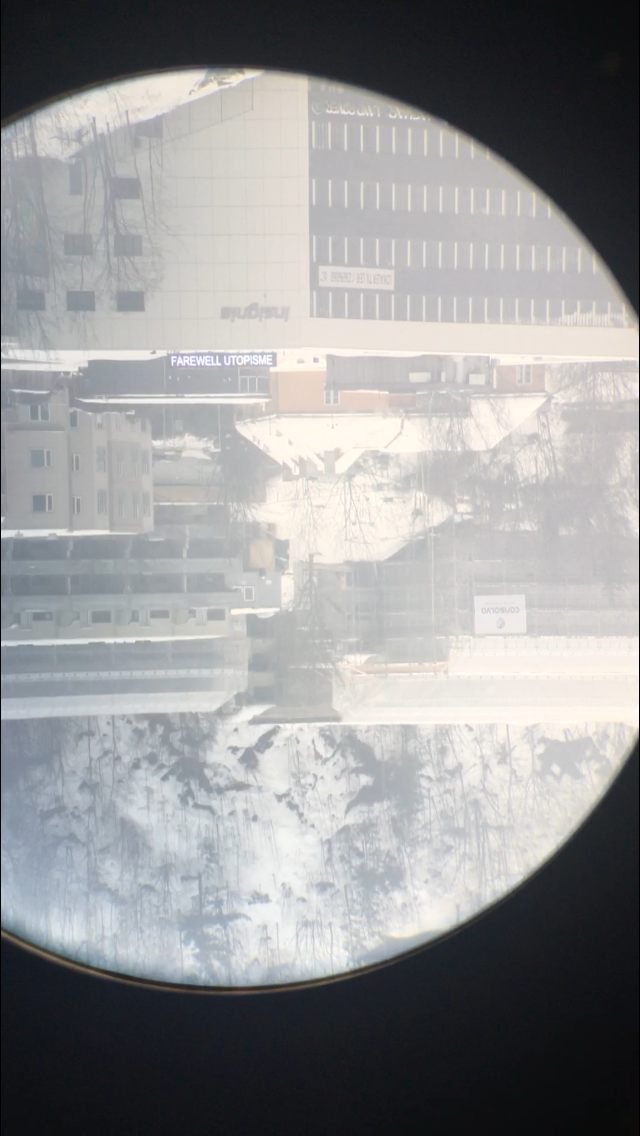Were I to imagine an ideal theatre (which is not, I understand, the proposal – and I’m not about to do it here – but it does beg the question, from the get-go: why imagine anything that is not somehow “ideal”?), I think of moments of cultural impact that were better, I expect, to hear about than to experience, like Woodstock or the Geneva Conventions. I imagine a theatre that can be talked about – and in the telling, amplified. Spend much time around “theatre people” and you’ll discover that this is not, in practice, an unusual occurrence. “Let’s not, and say we did” is our mantra. I exaggerate to make a point.
Let’s talk instead about the theatre that does exist, and must exist.
The theatre that must exist is ugly and unsatisfying, much of the time. It is defined by failed efforts and a bizarre-bordering-on-pathological determination to return to the scene of the crime (in this scenario, artists are the criminals; art is the bullet; guess who the victims are?). Thankfully, funding being what it is in these United States, the gun is rarely loaded.
I know, I sound like Dostoyevsky.
The theatre that must exist, and does exist, is not unlike a visit to the dentist or the DMV. It’s tedious. It requires effort, from the maker and the viewer alike. It tracks the mundane passage of our daily lives, like the weather report. I love this theatre with every ounce of love I have to give, because occasionally – occasionally – it transcends anything I could have possibly imagined for the world. Which is why I prefer not to imagine it at all. I’d rather show up and wait, knowing that something of significance will happen, even if it takes a while.
There’s nothing ideal about it. But it matters. It matters.
My title is “Artistic Director” – a meaningless term, on its face. I do not possess a “curatorial” mind, though I do make choices that lend a certain shape to things, over time. If the theatre that must exist, and does exist, is a sweatshop – and it is – then I’m the shop steward on the midnight shift. Nobody needs a curator on the factory floor. My job (if I can call it a job) is to respond, support, cajole, commiserate, and live among artists who sacrifice everything for a lost cause. We’re putting in the hours, all of us. There is no conscious thematic or contextual basis for anything I do. The work continues and the narrative writes itself. If we’re lucky, there are witnesses. It’s important to be witnessed.
I write this from my studio at the MacDowell Colony in New Hampshire, which is in its way a kind of shrine to the agony (and, I suppose, ecstasy) of solitary effort. The theatre that must exist, and does exist, can be crushingly solitary in the making – and then, crucially, it explodes into something authentically communal. That is the theatre that I do not wish to imagine, but wish to have.
